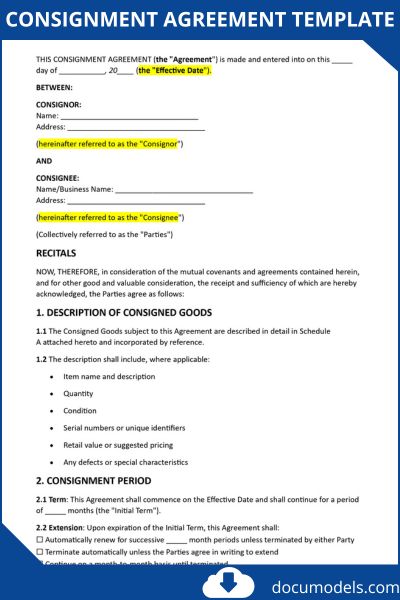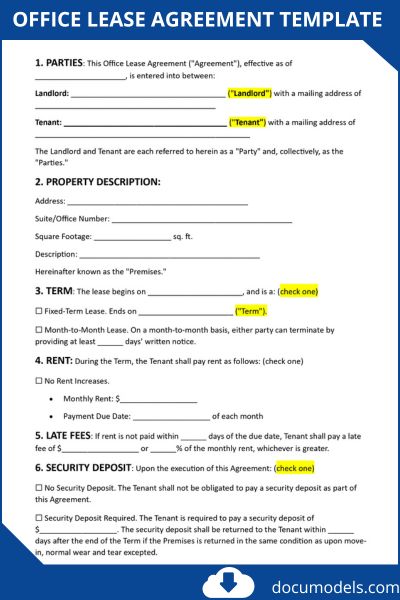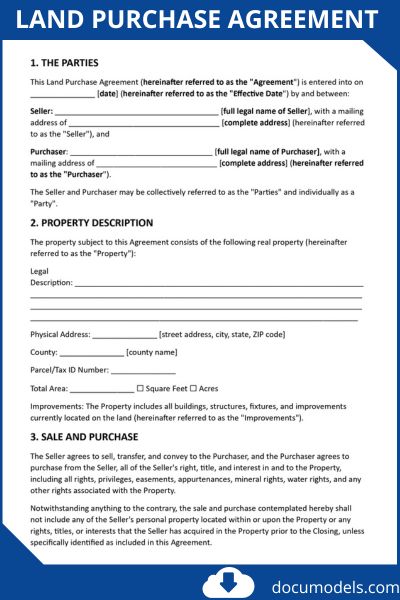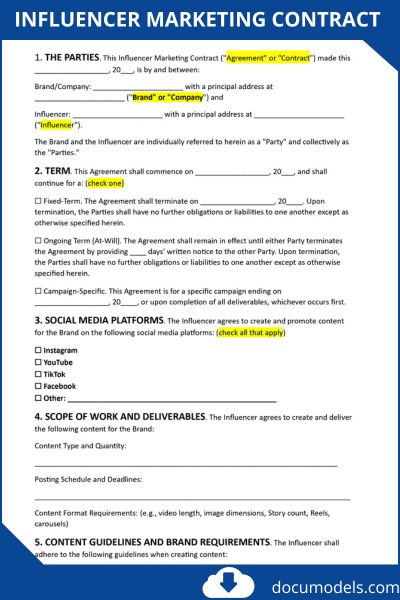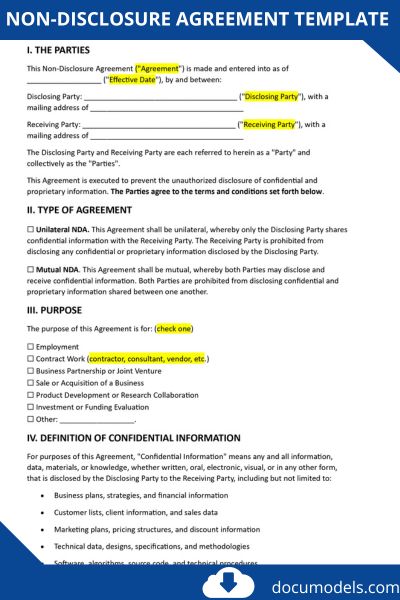Starting or managing a cleaning business requires clear, professional agreements to ensure smooth operations and client satisfaction. A well-crafted cleaning service contract outlines expectations, services, and terms, protecting both parties while fostering trust.
Whether you’re a small business owner or a homeowner hiring a cleaning service, understanding the key components of these contracts is essential.
From specifying cleaning tasks to detailing payment schedules and cancellation policies, a solid contract minimizes misunderstandings and sets the foundation for a successful partnership.
It’s not just about legalities—it’s about building reliability and professionalism in your services.
In this article, we’ll explore the critical elements that should be included in your contract, such as scope of work, payment terms, and duration of service. Additionally, we’ll provide a customizable template to help you create your own agreement quickly and efficiently.
Table of Contents
Printable cleaning service contract template
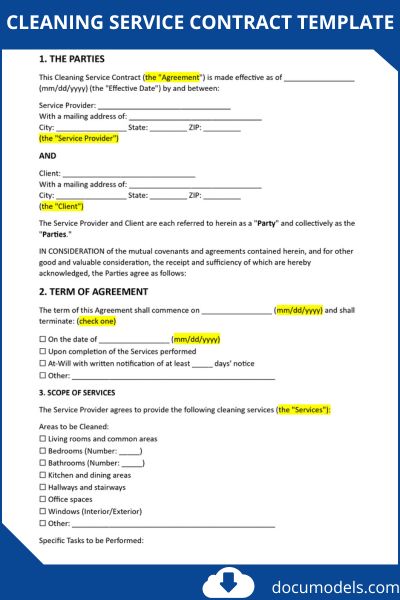
This legally binding agreement not only outlines the scope of work but also protects the interests of both parties.
Cleaning service contract (Sample)Cleaning service contract sample
Cleaning-Service-Contract-pdfWhat Is a Cleaning Service Contract?
A cleaning service contract is a legally binding agreement between a cleaning service provider (such as a company or independent contractor) and a client (like a homeowner, business, or property manager). It outlines the terms of the cleaning services to be provided, including scope, frequency, payment, and responsibilities.
Think of it as a roadmap for the relationship. It specifies what will be cleaned, how often, and under what conditions, preventing misunderstandings. Unlike a simple verbal agreement, a written contract provides legal protection if issues arise, such as unsatisfactory work or payment disputes.
When to Use a Cleaning Service Contract
You should use a cleaning service contract whenever you’re engaging a professional cleaning service for ongoing or significant work.
Here’s when it’s particularly important:
- Recurring Services: For weekly, bi-weekly, or monthly cleanings, a contract ensures consistency and sets expectations for long-term arrangements.
- Commercial or Large-Scale Jobs: Businesses, offices, schools, or apartment complexes often require contracts to comply with regulations and manage liabilities.
- One-Time Deep Cleans: Even for single projects like post-construction cleaning or move-out services, a contract protects against scope creep (where the job expands unexpectedly).
- High-Value Properties: If the space involves expensive items, sensitive areas (e.g., medical facilities), or special requirements, a contract minimizes risks.
- When Hiring Independent Contractors: To clarify that the cleaner is not an employee, avoiding tax or labor law issues.
Common Cleaning Services
Cleaning services vary widely based on client needs, but they generally fall into residential, commercial, or specialized categories.
Here’s a breakdown of the most common types:
Residential Cleaning
- Standard House Cleaning: Dusting, vacuuming, mopping floors, cleaning bathrooms and kitchens.
- Deep Cleaning: Thorough scrubbing of appliances, baseboards, windows, and hard-to-reach areas.
- Move-In/Move-Out Cleaning: Preparing a home for new occupants, including oven cleaning and carpet shampooing.
Commercial Cleaning
- Office Janitorial Services: Emptying trash, sanitizing restrooms, wiping desks, and floor maintenance.
- Retail and Restaurant Cleaning: High-traffic area disinfection, kitchen deep cleans, and display polishing.
- Industrial Cleaning: Handling warehouses or factories with heavy-duty equipment for grease, dust, and debris removal.
Specialized Cleaning
- Green/Eco-Friendly Cleaning: Using non-toxic, sustainable products.
- Post-Construction Cleaning: Removing dust, paint splatters, and debris after renovations.
- Medical or Biohazard Cleaning: Sterilizing healthcare facilities or handling hazardous waste (requires certifications).
Key Components of a Cleaning Service Contract
A well-drafted contract should include all essential elements to make it clear and enforceable.
Here’s what to look for or include:
1. Parties Involved: Names, addresses, and contact info of the client and service provider.
2. Scope of Services: Detailed description of tasks, including:
- Areas to be cleaned (e.g., rooms, surfaces).
- Methods and products used.
- Exclusions (e.g., no window washing above ground level).
3. Schedule and Frequency: Dates, times, and how often services occur. Include provisions for rescheduling or cancellations.
4. Payment Terms:
- Rates (hourly, flat fee, or per job).
- Payment schedule (e.g., upfront deposit, monthly invoicing).
- Late fees or penalties.
5. Duration and Termination: Contract length (e.g., 6 months) and how to end it (e.g., 30 days’ notice).
6. Liabilities and Insurance: Who is responsible for damages? The provider should have liability insurance; specify coverage amounts.
7. Confidentiality and Non-Disclosure: For commercial clients, protecting sensitive information.
8. Dispute Resolution: How to handle complaints, such as mediation or arbitration.
9. Signatures and Date: Both parties must sign to make it binding.
Best Practices for Cleaning Service Contracts
Following a few best practices can help ensure your cleaning service contract is effective and fair.
- Put Everything in Writing: Verbal agreements are easily forgotten or misinterpreted. A written contract is the single source of truth for the arrangement.
- Be Detailed and Specific: Ambiguity leads to disputes. The more detailed your scope of work and terms are, the less chance there is for misunderstanding.
- Review and Revise: Before signing, both parties should carefully review the entire document. Do not hesitate to ask for changes or clarifications. The contract should be a mutually agreeable document.
- Include a Dispute Resolution Clause: It’s wise to include a clause that outlines how disagreements will be handled, whether through mediation or another method. This can save time and money if a conflict arises.
- Keep a Signed Copy: Both the client and the service provider should retain a signed copy of the contract for their records.
Frequently Asked Questions (FAQ)
Spell out key/lock codes, entry windows, alarm procedures, breakage policies, and whether staff are background-checked. Reputable firms put these in writing and explain how they supervise workers and handle complaints.
Specify in the contract who supplies products. If chemicals are used, workers must have Safety Data Sheets under OSHA’s Hazard Communication Standard. You can request safer products (e.g., EPA Safer Choice-labeled) and that label directions be followed.
Scope (areas/tasks), frequency/schedule, who supplies products/equipment, price and how price changes, access/key handling, cancellations/rescheduling, insurance/bonding, start/end dates, and how disputes are handled. Get it all in writing before work begins.
Yes, most providers allow customization for scope, frequency, payments, and supplies. Negotiate terms like eco-friendly products or special instructions.
Review the termination clause; most require 30 days’ written notice via email or letter. Some allow immediate cancellation for breaches. Draft a formal letter stating reasons and effective date. In the US, contracts are enforceable, so follow terms to avoid penalties like remaining payments.
Residential contracts focus on homes with flexible schedules and basic tasks like dusting; commercial emphasize offices with stricter SLAs, higher insurance ($1M+), and janitorial standards per OSHA.
Format model to edit
Related Articles:

